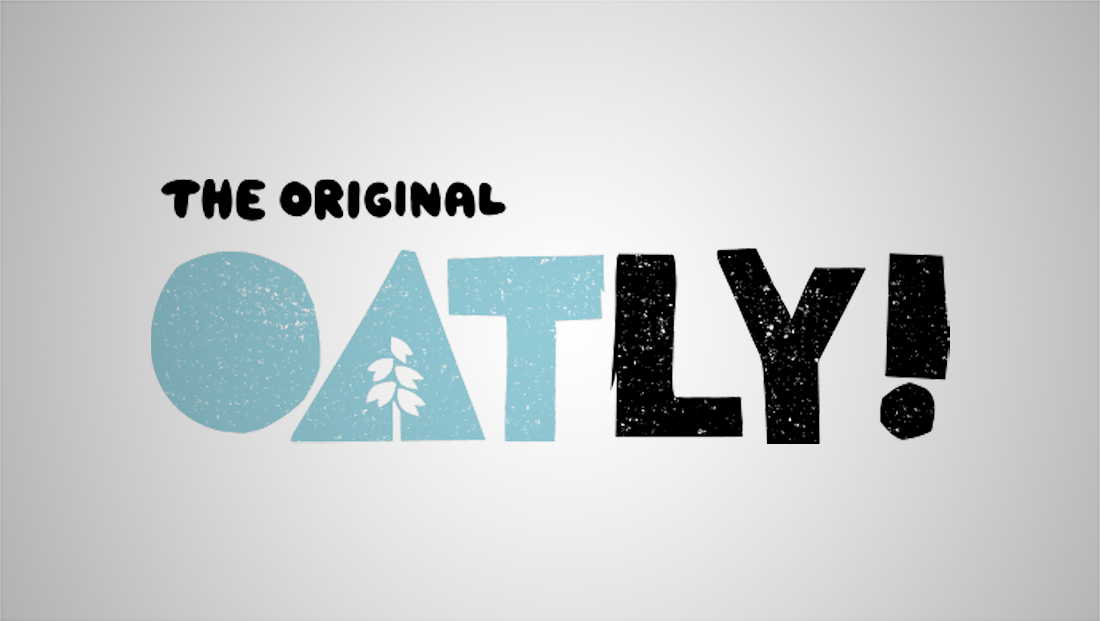Judge rules against Oatly in trademark case against PureOaty
By MixDex Article may include affiliate links

Milk alternative company Oatly has lost its battle against a company marketing a drink called “PureOaty.”
Glebe Farm Foods sells an oat milk beverage called PureOaty, which Oatly was battling in court over similarities between its name and packaging.
During the proceedings, internal emails about naming the product and package design were presented, including similar names that were considered and even a reference to Oatly’s packaging, which the judge in the case did note some similarities between early designs — but only at a very general level.
PureOaty was originally called just “Oat Drink” when it was launched in 2019 but switched its name in 2020.
A common concept in trademark law is the likelihood of consumers to be confused that two products or services are offered by the same company.
The judge in this case noted that it seemed unlikely that a consumer would confuse a PureOaty product as being associated with Oatly — even with the two products using similar colors and, at one time, typography.
He also noted that it’s unlikely Oatly will suffer any damage to its brand or reputation due to the product names.
“If Oatly loses sales, then it seems to me that that would be the result of there being a rival oat drink product on the market and not because the attractiveness of its brand as a badge of origin has been in any way diminished by the defendant’s use of the PureOaty sign,” the judge wrote.
Oatly, which is based in Sweden, has a massive deal with Starbucks in the U.S., whereas PureOaty commands a much smaller market.
Oatly said it won’t appeal the decision, but noted it will always take steps to defend its trademark and other intellectual property. It was quick to point out that it doesn’t see this as a “win” for PureOaty and even went as far to proclaim its love of other plant based product brands.
Milk alternatives have been a booming business of late — with products catering to the increasingly popular plant based lifestyle. Many of the products can also be suitable for those with milk allergies or who are lactose intolerant.
Some of the products, which include almond, nut, coconut and soy based takes on “milk,” are also billed as healthier, although the overall caloric and sugar content can often be similar to animal milk, especially in varieties with flavorings or billed as “extra creamy.”
The companies have also come under fire for using the word “milk” since that is traditional associated with cow or other animal products, so many of these types of products are labeled as “beverages.”

